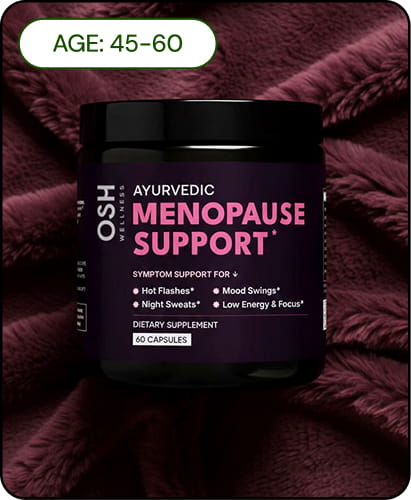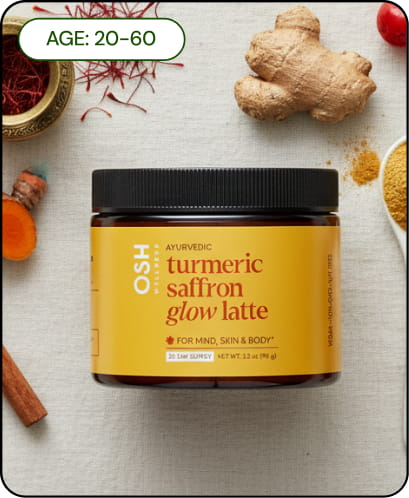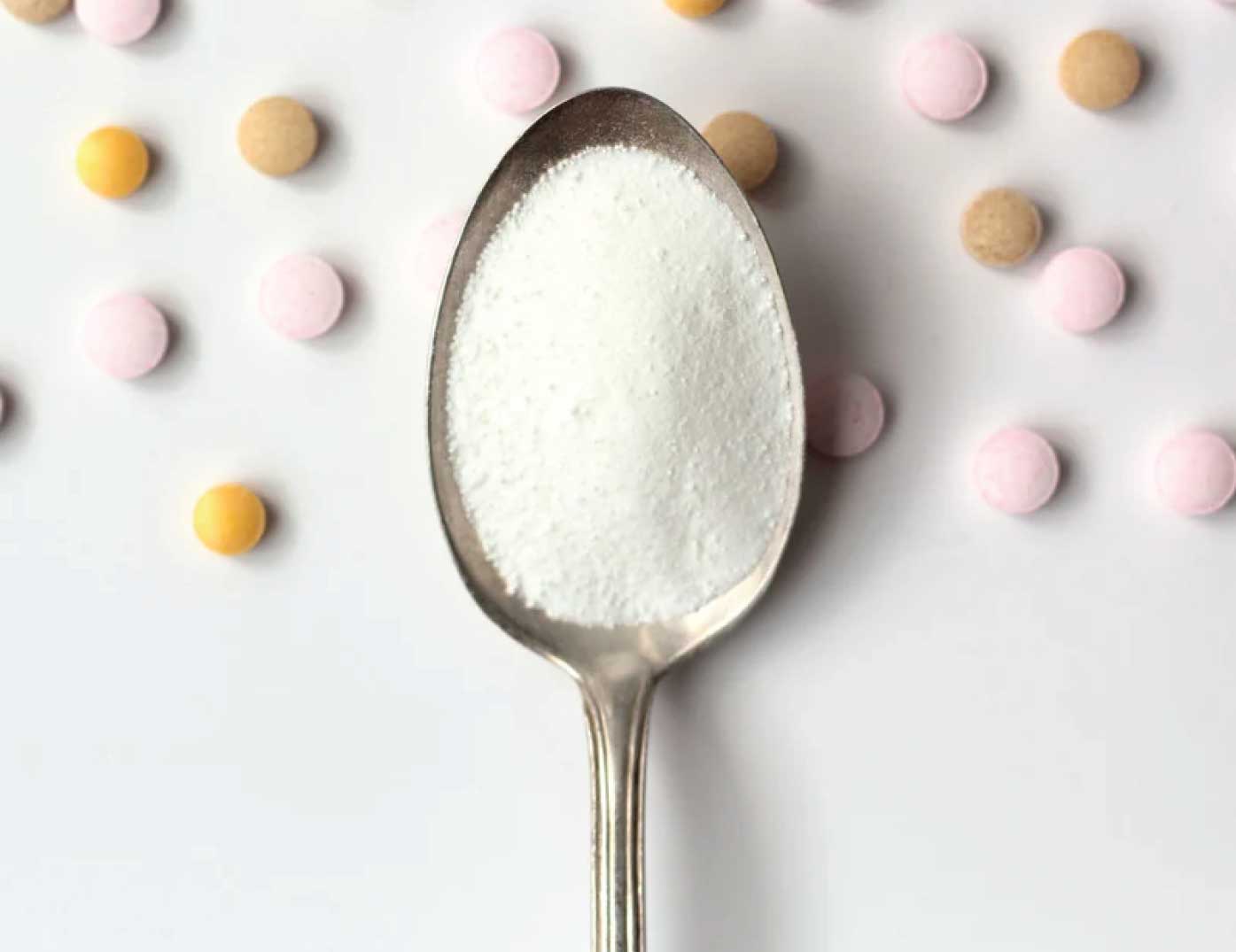Table of contents
Have you heard of myo-inositol or DCI-inositol, sometimes referred to simply as inositol? It is a growing fertility treatment, especially for those with Polycystic Ovarian Syndrome, or PCOS. But what exactly is inositol? Is it a good fertility booster, or are there more holistic alternatives?
What is Myo-inositol or Inositol?
Myo-inositol, or inositol, can be compared to a vitamin-type substance. They are classified as part of the B-Vitamin category but are really antioxidant possessing carbohydrates. Nine compounds make up what most people refer to as inositol. There are various forms of inositols including myo- and DCI-.
It is actually produced by the human body, but it is found naturally in plants and animals. Today, the substance can be made in scientific laboratories.
What Does Inositol Do?
The compounds in inositol are responsible for cell function and regulation. There are a few key characteristics of inositol effects on the body. The first is that they are a big component of the walls of your cells, contributing to cell health. The second is inositols' influence on insulin regulation and action. And the third is that it plays a role in chemical messengers being sent to the brain, such as dopamine and serotonin.
Because of the various ways it interacts with your body, inositol is believed to be a possible treatment for insulin resistance, anxiety, depression, and infertility in women with PCOS.
Myo-inositol As a Fertility Treatment
Myo-inositol and DCI-inositol are believed to boost fertility in women with PCOS because of their effect on insulin in the body. Women with PCOS commonly have insulin resistance, and their body struggles to convert myo- into DCI-. Insulin resistance and imbalance play a big part in fertility. Insulin resistance leads to irregular ovulation and sometimes no ovulation at all.
Failure to ovulate or ovulate regularly hinders fertility and conception. Sometimes, when insulin resistance is treated, a woman’s fertility also improves. Because inositol acts as a messenger for insulin signals and regulation, it may help to balance insulin levels and, in turn, regulate ovulation. Often, taking a combination of Myo-inositol and DCI-inositol works best in boosting fertility and improving your chances of conception.
Taking inositol has also been shown to decrease elevated testosterone levels, which, when left unchecked, can affect ovulation and fertility. Balancing these hormones may remedy many PCOS symptoms.
Inositol may even improve egg quality in women with PCOS when the ratio of Myo-inositol and DCI-inositol is properly balanced. Also, it may decrease the risk of gestational diabetes for those who suffer from PCOS. Some studies have also shown inositol as an effective treatment for PCOS-related high blood pressure and elevated levels of fats in the blood. Initial research into inositols as a treatment for infertility in women suffering from PCOS is promising. However, there are a few side effects to be aware of.

Side Effects of Inositols
Unfortunately, even though it is a naturally occurring substance, it can come with some negative symptoms. These include
- Nausea
- Upset stomach
- Stomach pain
- Tiredness
- Headache
- Dizziness
If not taken properly or monitored closely, long-term use of inositols could lead to hypoglycemia or low blood sugar.
Because inositols are generally sold as supplements and dietary aids, they are not monitored for quality and safety. There is no established standard for inositols' effect on pregnant women or breastfeeding women. Therefore, you should talk to your doctor before taking inositol in any form.
Alternatives to Inositols for Fertility
There are other natural fertility boosters that some individuals may feel more comfortable taking. They help to balance your hormones and regulate your cycle without acting aggressively on your body and its systems.
Shatavari
Shatavari is a long-used Ayurvedic treatment for infertility. In women, it can help to correct imbalanced hormone levels and either maintain ovulation or stimulate ovulation depending on your hormones.
Additionally, Shatavari is supportive and nourishing to the reproductive tissues. Not only does it supply lubrication to reproductive organs, but it also helps to tone them. It is effective at increasing mucus membranes and rejuvenating reproductive organs.
As an adaptogen, it can help your body fight off the negative effects of stress. This may help to remedy stress-induced infertility. Shatavari is believed to boost immunity and decrease toxic build-up, creating a supportive environment for conception.
Shatavari is a potent herb that supports all aspects of female reproductive health. It can be taken in supplement form or made into teas and tonics.
Ashwagandha
Ashwagandha is commonly sought for its calming properties. As an adaptogenic, it can help your body cope with stress, promote calm, and improve sleep. However, it has a few additional benefits specifically for fertility.
Ashwagandha may help to balance the endocrine system, specifically the thyroid and adrenal glands, which help to regulate reproductive hormones. Also, ashwagandha is rich in iron and may provide a boost to women suffering from anemia that may cause them to be infertile or have trouble carrying a pregnancy to term. All of ashwagandha’s benefits can make the body more receptive to conception.
Moringa
Moringa can promote fertility in both women and men. This is because of its rich nutritional content. The leaves of the moringa plant contain high amounts of vitamins A, C, B, E, K, minerals like calcium, iron, and manganese, proteins, and amino acids. It is also wonderful for digestion and helps to detox the body, making the environment more favorable to conception.
In men, the high antioxidant levels can help to fight off damage from free radicals which could affect both the health of sperm and sperm production. In fact, studies have shown that Moringa may increase the volume of sperm and improve sperm quality. Overall, moringa can be a healthy addition to the diet of both women and men.
Which Method is Right For You?
Whether or not inositol or more natural supplements are right for your fertility journey depends on a variety of factors. It is best to work with a doctor or expert to try and find the root cause of your infertility. From there, you can find the best supplements and lifestyle to work with your body and its unique needs.








